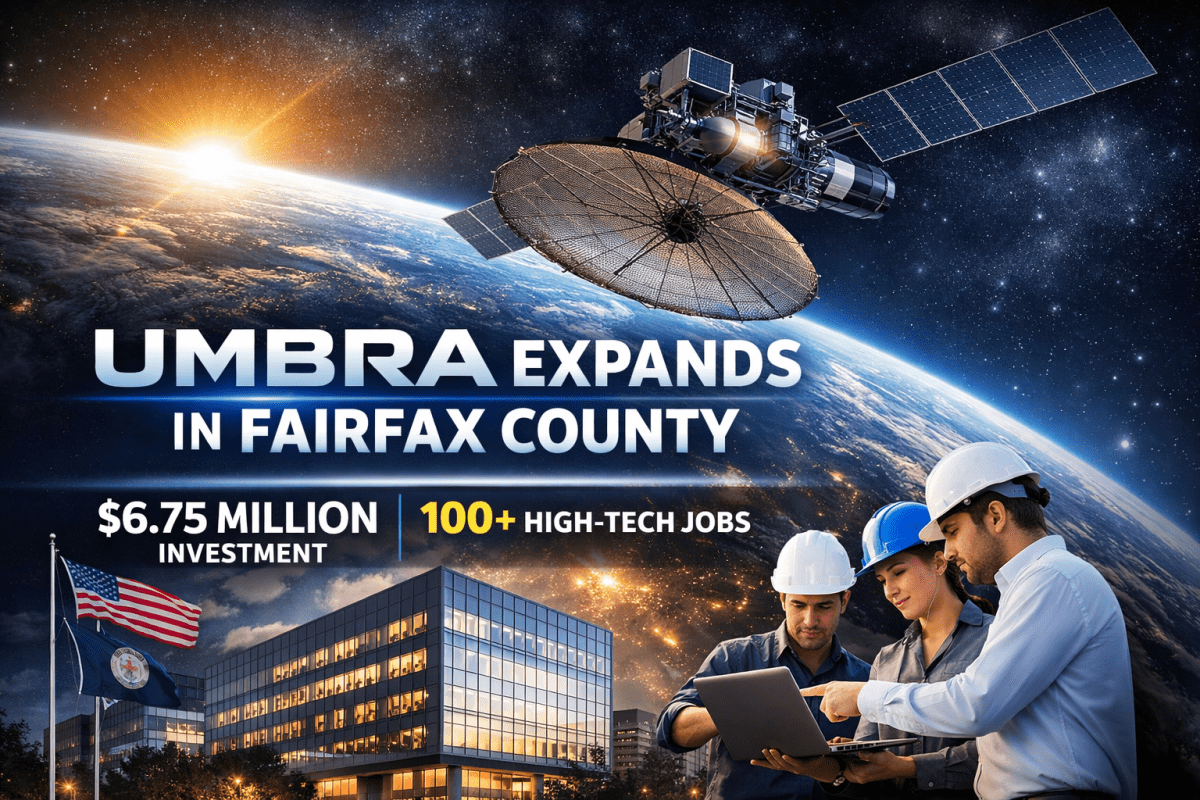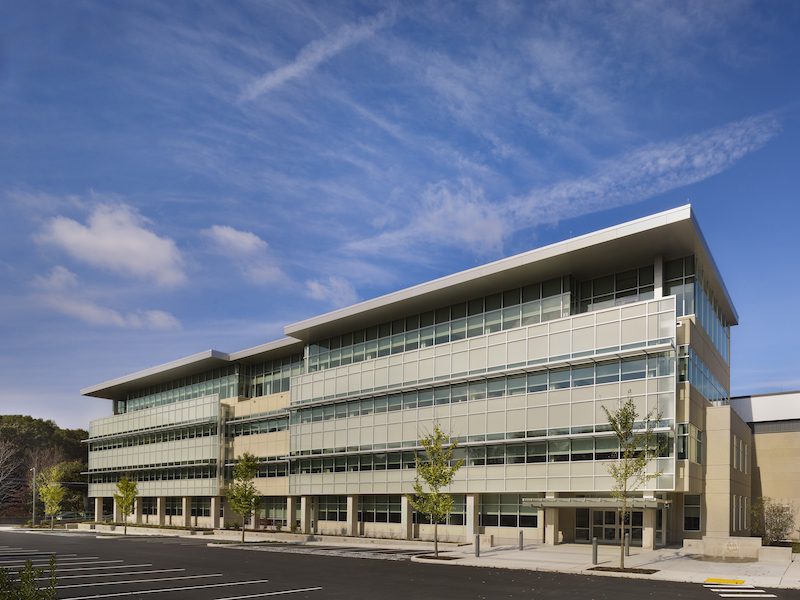How AI and Remote Work Are Redefining Talent and Spaces in 2025
Digital nomads—remote workers who blend professional productivity with geographic freedom—have emerged as the clearest sign that the post-COVID workplace will never return to its old form. What was once a fringe lifestyle for freelancers is now a dominant trend reshaping how companies recruit, where people live, and how cities compete for talent.
Fueled by cloud-based collaboration, AI-enhanced workflows, and mobile broadband access, these modern workers are no longer tethered to traditional offices or even urban tech hubs. They seek more than jobs—they seek autonomy, cultural exploration, lifestyle enrichment, and alignment with values such as sustainability and inclusion.
Strategic Site Selection in the Age of AI
For corporate leaders, Corporate Real Estate: Shrinking Footprints, Smarter Spaces
The rise of digital nomads and remote-first work has accelerated a dramatic shift in corporate real estate strategy. Since COVID, office footprints have shrunk by 40–60% as companies move away from full-time in-office models. Rather than eliminate offices entirely, firms are reimagining them as collaboration hubs and client experience centers. By 2030, the norm will be smaller, tech-enabled spaces located in lifestyle-friendly cities or secondary markets. While industries like tech, finance, and marketing continue to downsize, sectors such as life sciences, clean energy, and advanced manufacturing are expanding their physical presence to support R&D and specialized operations. The future of corporate space is hybrid: lean where it can be and strategic where it must be.
The rise of digital nomadism isn’t just a workforce trend—it’s a seismic shift requiring a new approach to strategic planning. Site selection, once based largely on labor and operational costs, has evolved into a holistic decision-making model balancing talent access, educational partnerships, innovation capacity, and quality of life.
According to workforce analytics, 73% of expanding firms now rank “availability of skilled talent” as their top priority—surpassing tax rates, real estate costs, and incentives. And with 46% of tech job postings now offering either hybrid or fully remote options, talent is more mobile—and more selective—than ever before.
Top 10 Strategic Markets for High-Tech Talent in 2025
- Austin, TX – No income tax, university partnerships, and a vibrant cultural scene make it the top choice for mobile professionals and employers alike.
- Raleigh-Durham, NC – A talent-rich “Research Triangle” backed by three major research universities.
- Denver, CO– Mountain lifestyle meets startup growth, appealing to both outdoor lovers and innovators.
- Salt Lake City, UT– “Silicon Slopes” continues its rise with low costs and a STEM-focused education pipeline.
- Atlanta, GA– Combines fintech innovation, inclusive culture, and global connectivity.
- Nashville, TN– Affordable yet sophisticated, with growing healthcare and tech talent sectors and a teeming pool of young urban professionals.
- Phoenix, AZ– Demographic growth, business incentives, and research partnerships fuel momentum.
- Pittsburgh, PA– Carnegie Mellon anchors its leadership in AI, robotics, and autonomy.
- Charlotte, NC– A fintech and banking tech nexus with competitive real estate advantages.
- Tampa, FL– Tax advantages and livability make this coastal city increasingly appealing.
The sleeper in Canada is Vancouver, with its vista of beauty and charming, quaint landscape reminiscent of Europe; it’s an appealing landing pad for Nomads.
Education as the Engine of Economic Development, but it needs constant fine-tuning.
Tomorrow’s top markets won’t just be affordable—they’ll be intelligent. Universities are no longer ivory towers but the R&D wings of modern economies. The best-performing institutions—MIT, Stanford, Georgia Tech, and the University of Waterloo—are embedding corporate labs into campuses, co-designing AI curriculum with employers, and helping launch student-led startups at scale.

Key traits of these education hubs include the following:
- Real-time curriculum adaptability
- On-campus corporate partnerships
- Innovation incubators
- Urban integration near tech corridors
Snapshot: The Ideal High-Tech Worker in 2025
Education & Skills:
- Degrees in STEM, often supplemented with certifications in AI, machine learning, or cloud computing.
- Experience in real-world applications: AI models, IoT deployment, open-source contributions.
Workplace Expectations:
- Hybrid/remote flexibility
- Mission-driven companies with DEI commitments but no forcing agendas down their throats; it needs to feel natural, not regulated.
- Emphasis on outcome-based productivity and merit compensation. They love snappy titles.
Lifestyle Needs:
- Urban amenities blended with natural beauty (e.g., Denver, Austin)
- Strong dating and social scenes
- Access to maker spaces, hackathons, and community initiatives
Compensation:
- $90K–$150K base with remote stipends or relocation bonuses
- Stock options and performance-based pay in venture-backed firms
Key Trends to Watch by 2030
- Geo-Fluid Talent Pools: Workers will increasingly decouple from traditional employer geographies. Cities that build livable, affordable ecosystems will siphon talent from legacy tech hubs.
- Education On-Demand: Universities will pivot to continuous, modular, AI-integrated credentialing.
- Smart Incentives: Incentive packages will include subsidized housing, fast-track visas, and lifelong learning credits.
- AI-Human Symbiosis: Top talent will be defined not just by what they know but by how well they collaborate with machines.
- Rise of Micro-Hubs: Secondary cities like Boise, Madison, and Albuquerque will grow into formidable tech ecosystems as quality of life trumps legacy prestige.
The new work hubs in most cities these days are the coffee shops wired for remote workers.
Here are the industries expanding their corporate real estate footprints, the drivers behind that growth, and the markets where it’s happening.
Top Industries Expanding Corporate Real Estate Footprints by 2030
Life Sciences & Biotech
Demand for lab space, clinical trial centers, and R&D campuses is fueling massive expansion in cities like Boston, San Diego, and Raleigh-Durham. These facilities require physical infrastructure that cannot be virtualized.
Clean Energy & Renewables
Companies building battery plants, solar farms, and green hydrogen hubs are investing in new industrial parks. Growth hotspots include Austin, Reno, and Atlanta—regions offering both regulatory support and land availability.
Advanced Manufacturing
Robotics, precision assembly, and automated production centers are on the rise. Cities like Indianapolis, Columbus, and Greenville are attracting manufacturers with their skilled labor, logistics networks, and cost advantages.
Semiconductors
The global chip shortage and supply chain security concerns are driving new fabrication plant development. Phoenix, Albany, and Dallas lead the charge, often with billions in public-private investment.
Defense & Aerospace
Secure prototyping labs, military AI R&D, and aerospace testing facilities are expanding in areas like Colorado Springs, Huntsville, and Tampa. National security demands require these firms to maintain in-person operations.
Logistics & Distribution
The e-commerce boom is reshaping warehouse real estate. Last-mile fulfillment centers, cold storage hubs, and automated distribution nodes are growing in Memphis, the Inland Empire, and Louisville.
Higher Education Innovation Districts
Universities are becoming economic engines, co-building tech incubators and research parks with industry. Austin, Toronto, and Atlanta are leading this university-industry integration movement.
Food Technology & Agri-Tech
Urban farming, vertical agriculture, and clean food labs are drawing real estate investment in Denver, Minneapolis, and Sacramento as cities try to localize and modernize food supply chains.
Healthcare Tech & Telemedicine
Hybrid medical centers and AI-enabled outpatient facilities are expanding in population growth zones like Tampa, Nashville, and Charlotte, requiring tech-integrated health infrastructure.
Space Tech & Private Aerospace
With new players like SpaceX and Blue Origin, demand is rising for launchpads, control centers, and R&D hangars in Mojave, Cape Canaveral, and West Texas, marking a new frontier in commercial real estate.
Conclusion: Strategic Balance is the Future
In the race for talent, the winners will be cities and companies that master equilibrium: high-tech and high-touch, innovation and inclusion, and affordability and aspiration. The digital nomad isn’t just a worker—they are the preview of a future where lifestyle, purpose, and performance coexist.
For forward-looking organizations and economic planners, success in 2025 and beyond will depend on seeing talent not as a commodity but as a community to be cultivated.
I have seen this firsthand; my own oldest son has been a successful digital nomad for the past four years. He had lived and worked remotely in Colombia, Brazil, Argentina, Mexico, Spain, Portugal, and Italy. He is now returning to the States to take up residence in Boston, attracted to the hub of educational institutions in that area.
Bio: Don A. Holbrook is a 25-year veteran economic development site location and incentive consultant. He and his team have worked on projects across North America and around the globe. His focus is primarily on place-based economic development tourism strategies and designing the team and products that communities’ can use to attract such investments. He lives in Las Vegas, Nevada and has written five, best-selling books speaking frequently around the world at professional functions. He has been featured on CBS, NBC, Fox, ABC, PBS television and radio networks, and in LA Times, USA Today, New York Times, Washington Post, FDI (the Economist Group) and many local television, print and radio interviews. He has been one of the North American Judges for FDI Magazine for the past six years on The Best Community Economies for Growth & Investment. He is a former board of director of the International Economic Development Council, and Fellow Member of IEDC, as well as Certified Economic Developer.







